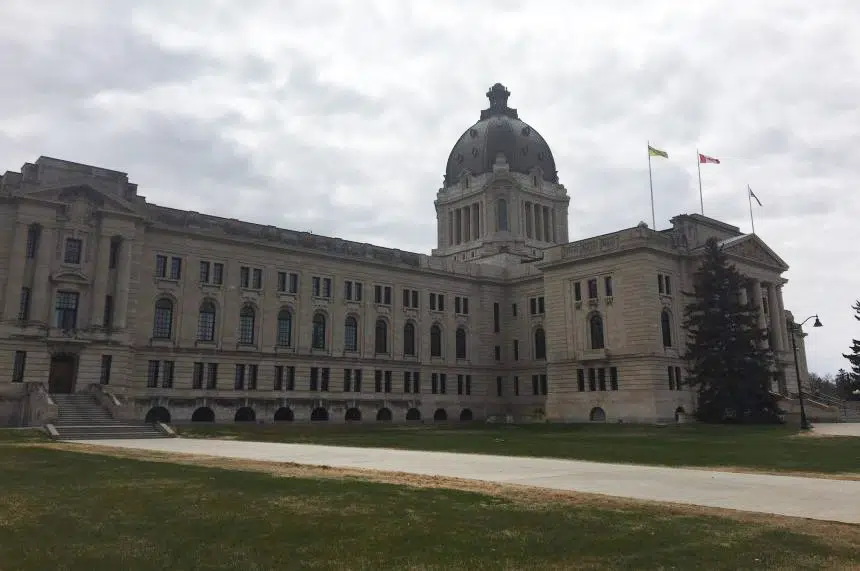The Government of Saskatchewan is sticking to its guns after a report from the Saskatchewan Information and Privacy Commissioner said it had breached the privacy of an Opposition MLA.
Last fall, SLGA Minister Lori Carr stood up during Question Period and read out quotes from an email that had been sent to her office in 2021 which seemed to support the privatization of liquor stores.
Carr then revealed the email had been sent by Nathaniel Teed, the – by that time—NDP MLA and critic for SLGA, nearly a year before he’d been elected to the seat and well before the seat even came open.
Teed had been speaking out against government plans to close the remaining SLGA liquor stores. He later told media that he’d changed his mind on the matter since sending that email.
Teed made a complaint to government but wasn’t satisfied by two internal reports which found that revealing the contents of the email was in the public interest, so he took the situation to the Information and Privacy Commissioner, Ronald Kruzeniski.
The commissioner released his report at the end of June, and found that government had, in fact, breached Teed’s privacy.
The commissioner quoted section 29 of the Freedom of Information and Protection of Privacy Act (FOIP).
“No government institution shall disclose personal information in its possession or under its control without the consent, given in the prescribed manner, of the individual to whom the information relates except in accordance with this section or section 30.”
In his conversations with government and the SLGA, the commissioner said government had argued that because the story generated significant interest in the media, and because Teed’s privately expressed views contradicted his public views, that it was an issue of concern to the public.
“SLGA and Executive Council appear to be conflating that the public interest exists in the closure of liquor stores with the Complainant contradicting themself. The latter, while it may be of interest to some members of the public, is not what is being considered in the “public interest” in this matter,” wrote the commissioner in his report.
Kruzeniski also wrote that, when there might be a public interest in disclose something, whether there might be a public interest in not disclosing it should also be weighed.
“In a democracy, private citizens can correspond with elected officials to express their views or opinions on any given matter. In so doing, most would expect their correspondence to remain private; FOIP guarantees such protections. Knowing an elected official may later disclose their personal information without consent may dissuade private citizens from exercising such rights, which undermines the notion of democratic participation,” he wrote in the report.
As such, Kruzeniski found a breach had happened and recommended government “further apologize” to Teed for disclosing personal information.
A second breach
On the same day the minister stood in the legislative assembly and quoted the email, copies of that email were also handed out to media from Executive Council.
However, at least one of those copies included unredacted contact details for Teed like his address, email address, and phone number.
Government acknowledged the breach in this case and apologized to Teed.
Outcome
When asked for a response to the report, the provincial government sent a statement that it takes the privacy and protection of personal information very seriously.
“As a result of two investigations regarding the breach earlier this year, the government has already acknowledged that some personal information in Mr. Teed’s email was inappropriately disclosed and has apologized to Mr. Teed for that breach of privacy,” read the statement.
“However, the government maintains that as Mr. Teed is now an MLA, disclosure of his opinion on an important public policy matter, namely his previous support of the privatization of liquor stores, is in the public interest.”
When pressed on whether government would give a “further” apology to Teed, government just reiterated that Teed had already gotten an apology.
Teed said in a statement that he was glad to see the report and decision from the commissioner.
“The Sask. Party government sits on a treasure trove of information about people’s lives. Keeping this information safe and secure should be a priority. No government should exploit the data of private citizens for cheap political gains,” said Teed.







